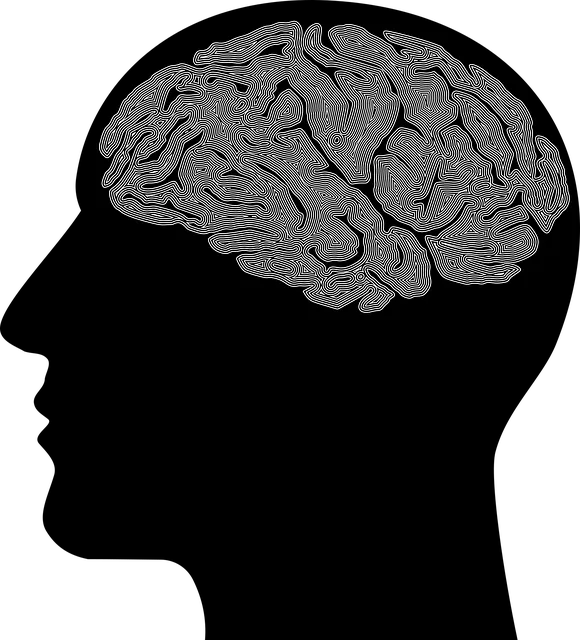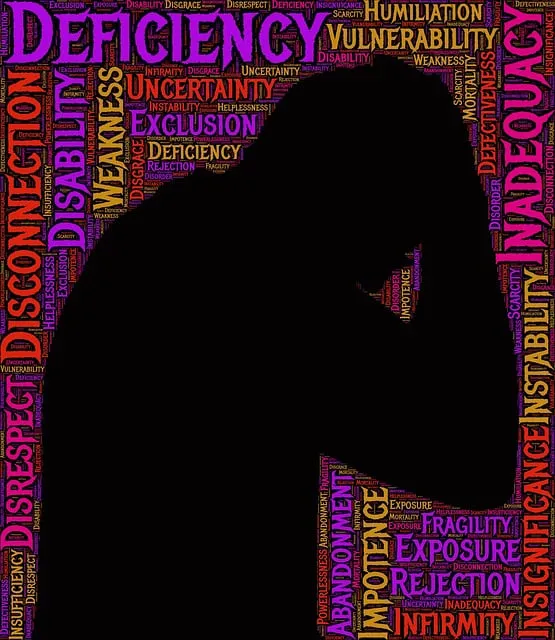Mental wellness self-assessment tools, as developed and reviewed by Kaiser Permanente Behavioral Health Services (KP BHS), are vital in today's stressful world, empowering individuals to take charge of their emotional well-being. These tools, backed by rigorous evaluation processes and data-driven approaches, offer accessible resources for introspection, stress reduction, and communication strategies. Regular self-assessment enhances mental wellness outcomes, with KP BHS's commitment to cultural competency training further ensuring sensitive support for trauma and mood management issues. Their continuous improvement efforts create an inclusive environment, fostering superior mental wellness through personalized self-care routines.
In today’s fast-paced world, mental wellness self-assessment tools play a crucial role in promoting individual well-being. As demonstrated by Kaiser Permanente Behavioral Health Services reviews, these tools offer valuable insights into an individual’s mental state, serving as a game-changer in early intervention and prevention strategies. This article explores the growing importance of such assessments, drawing from a case study of Kaiser Permanente’s successful initiatives. By examining their approach, we’ll uncover effective methods for developing superior mental wellness self-assessment tools to enhance access to care.
- Understanding the Need for Self-Assessment Tools in Mental Wellness
- Kaiser Permanente Behavioral Health Services Reviews: A Case Study
- Developing Effective Mental Wellness Self-Assessment Tools
Understanding the Need for Self-Assessment Tools in Mental Wellness

Mental wellness self-assessment tools play a pivotal role in empowering individuals to take charge of their emotional well-being. In today’s fast-paced world, where stress and anxiety are prevalent, these tools offer a much-needed avenue for introspection and self-care. Kaiser Permanente behavioral health services reviews highlight the growing demand for accessible and effective resources that support mental wellness. By encouraging regular self-assessment, individuals can gain valuable insights into their emotional states, triggers, and potential areas of improvement.
The development of such tools is particularly crucial in enhancing people’s ability to manage stress reduction methods and communication strategies. Moreover, they foster resilience building by providing a structured framework for understanding one’s mental health landscape. With the right self-assessment tool, individuals can navigate their emotional journeys more effectively, ensuring better mental wellness outcomes as confirmed by numerous Kaiser Permanente behavioral health services reviews.
Kaiser Permanente Behavioral Health Services Reviews: A Case Study

Kaiser Permanente Behavioral Health Services (KP BHS) stands as a beacon of excellence in mental wellness self-assessment tools development. Their comprehensive reviews highlight a commitment to superior healthcare services, evident in their rigorous evaluation processes and data-driven approach. By integrating feedback from both clients and healthcare providers, KP BHS ensures that their tools accurately reflect the diverse needs and experiences within their patient population.
This case study underscores the importance of cultural competency training for trauma support services, as KP BHS has recognized the need to address mood management issues in a culturally sensitive manner. Their continuous improvement efforts not only enhance the effectiveness of their self-assessment tools but also foster a more inclusive environment, recognizing that mental wellness is a multifaceted and deeply personal journey.
Developing Effective Mental Wellness Self-Assessment Tools

Developing effective mental wellness self-assessment tools is a multifaceted process that requires careful consideration of various factors. At the core, these tools should be designed to empower individuals in assessing their own mental health status accurately. Organizations like Kaiser Permanente behavioral health services reviews highlight the superior potential of such assessments in early intervention and prevention strategies.
Integrating evidence-based methodologies and incorporating feedback from experts in mental health policy analysis and advocacy ensures that self-assessment tools are both reliable and valid. Additionally, focusing on promoting Self-Care Practices through these tools can facilitate individuals in understanding their mental health needs better, leading to the development of personalized Self-Care Routine Development for Better Mental Health.
The development of mental wellness self-assessment tools is a vital step towards improving access to care and promoting individual well-being. As evidenced by the Kaiser Permanente Behavioral Health Services reviews, there is a growing need for effective tools that enable individuals to proactively assess their mental health. By drawing on insights from such case studies, we can create resources that are both comprehensive and user-friendly, empowering folks to take charge of their mental wellness in today’s digital era.






